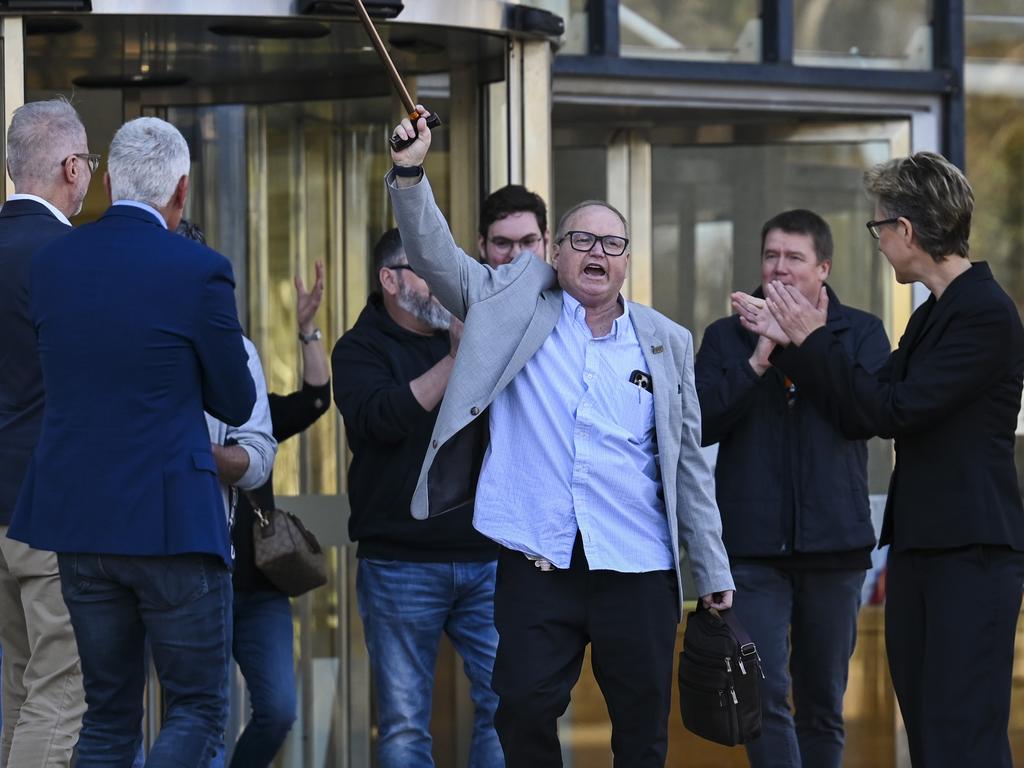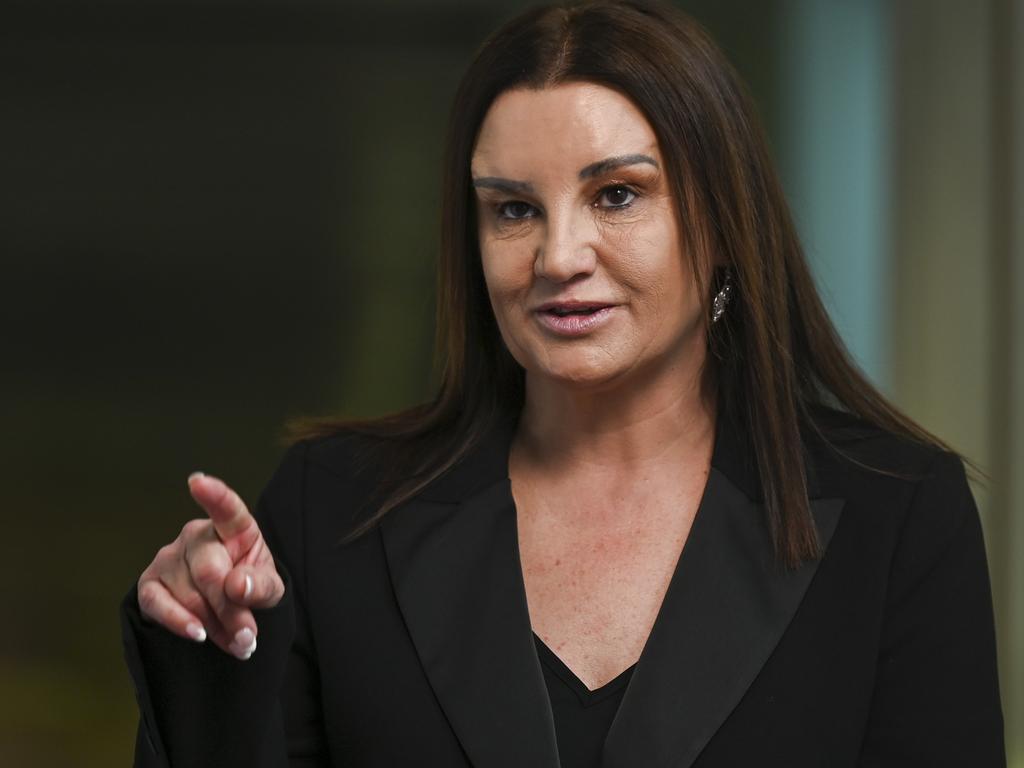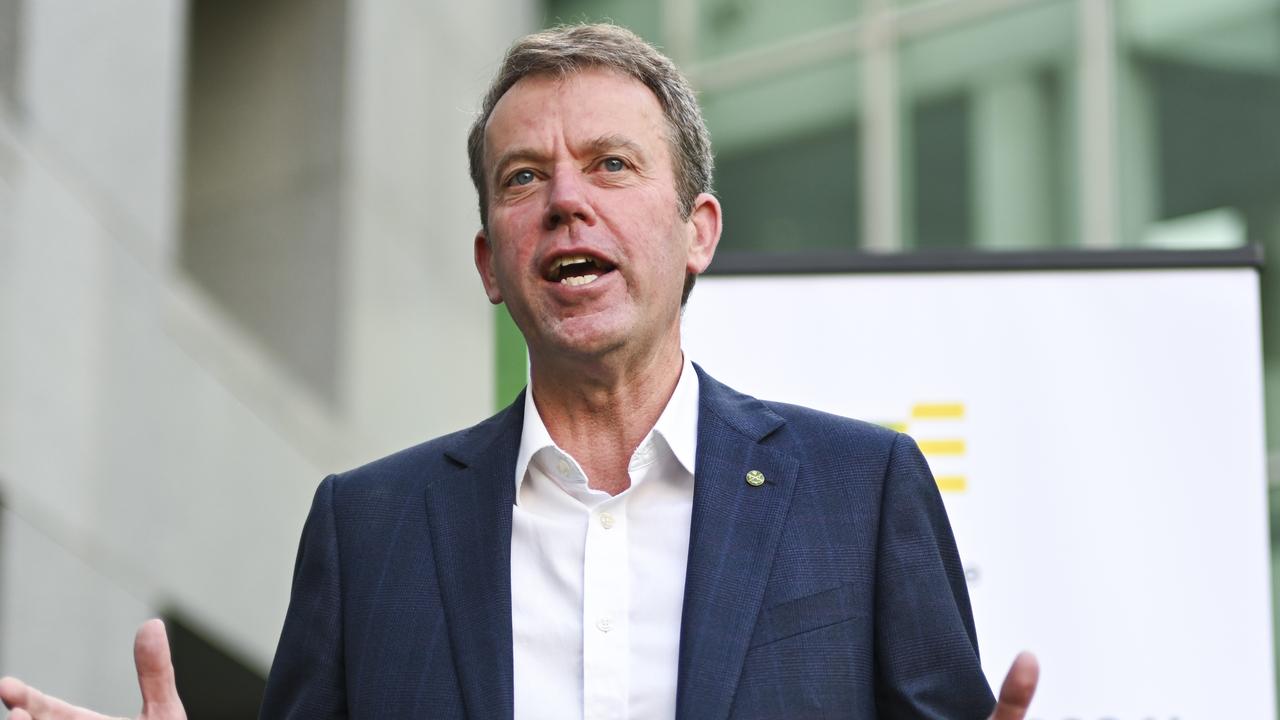Hiring takes a hit from industrial relations changes, business warns
Big business has criticised the government for proposing retrospective anti-avoidance measures apply to IR changes.

Big business has criticised the Albanese government for proposing retrospective anti-avoidance measures apply to Labor’s contentious labour hire changes, claiming the decision was already impacting hiring decisions by employers.
While the labour hire changes are not due to be operational until at least November next year, the Business Council of Australia said it was “disturbing” the anti-avoidance measures came into effect on the day the Closing Loopholes bill was tabled in parliament last week “before it had even been debated, let alone passed”.
“The government indicated business would have more than 12 months to get ready for the changes in the bill,” new BCA chief executive Bran Black said. “The reality is that with the retrospectivity in this bill, it is already affecting businesses’ hiring decisions for fear they will be breaking a law that does not even exist.”
Workplace Relations Minister Tony Burke hit back at the criticism. “Tax law often does the same,” he said. “Why would we give the businesses that exploit loopholes a free pass to find the next one?”
University of Adelaide law professor Andrew Stewart said the retrospective anti-avoidance measures would apply to a scheme undertaken by an employer now to avoid its obligations. “It’s a perfectly logical step and this doesn’t go anywhere near as far as the retrospectivity of the Morrison government’s legislation on casuals which had basically no limits at all and essentially wiped out entitlements and retrospectively changed people’s status,” he said.
Professor Stewart said retrospective anti-avoidance provisions were not common in an industrial context but were common in tax law to stop the rearranging of affairs to negate the effect of proposed legislation.
In his second reading speech last week, Mr Burke said the bill contained “broad anti-avoidance protections that will stop businesses deliberately changing and manipulating their operations to try to get around these new obligations”.
Mr Black also criticised the bill for containing at least 13 different start dates for various measures over the next 15 months “confirming the proposed legislation is a recipe for confusion”.

“We knew the …. bill envisaged the most radical redrawing of our workplace relations landscape in decades; now we know how complex and confusing it will be for businesses to understand, introduce and comply with its multiple measures,” he said.
“We have identified 13 different start dates for different measures, some that go live as soon as the act receives royal assent, others that are set to take effect at various times over 2024, including changing the definition of casual work, through to New Year’s Day in 2025.”
He said the proposed changes introduced “unnecessary complexity and confusion into our workplace relations system at precisely the wrong time, with businesses big and small, facing extremely challenging conditions”.
“As the government admits, it will also drive up prices for consumers during a cost-of-living crisis,” he said.
“We again urge the government to go back to the drawing board, to identify the problems it is trying to solve before it introduces new laws that will impact nearly every business and every employee in Australia.”
The government says the phase in dates were designed to give employers time to adjust to the policy changes.
Even before key senate crossbenchers sided with the opposition and delayed the industrial relations bill until at least next February, the labour hire changes were not due to come into effect until November next year. The government wants to close a labour-hire loophole where an employer and employees have agreed in an enterprise agreement to a particular rate of pay for particular work, but then the employer brings in different workers through labour hire to undercut that rate of pay.
Employees, unions and hosts will be able to apply to the Fair Work Commission for an order that labour hire employees be paid at least the wages in a host’s enterprise agreement.
Detailed Department of Employment and Workplace Relations costings said the labour-hire changes could cost employers up to $510m in extra wages annually – $5 billion over a decade – assuming just 66,446 labour-hire employees would be covered by new commission orders.
The department also estimated the cost of minimum pay standards for digital platform workers would be $4bn over the next decade. Employers claim the extra wages will be significantly higher.








To join the conversation, please log in. Don't have an account? Register
Join the conversation, you are commenting as Logout